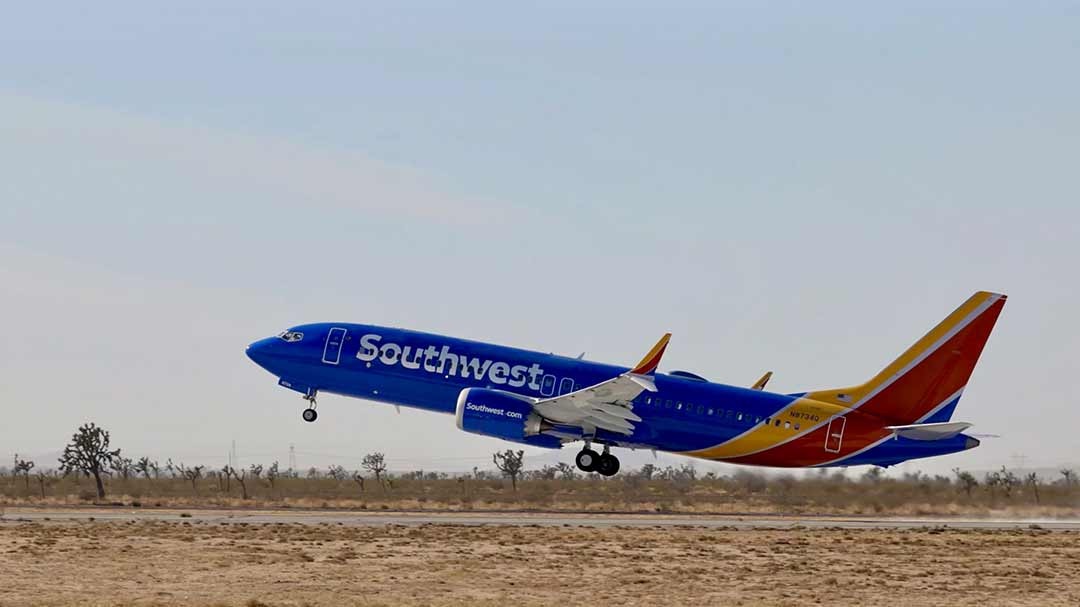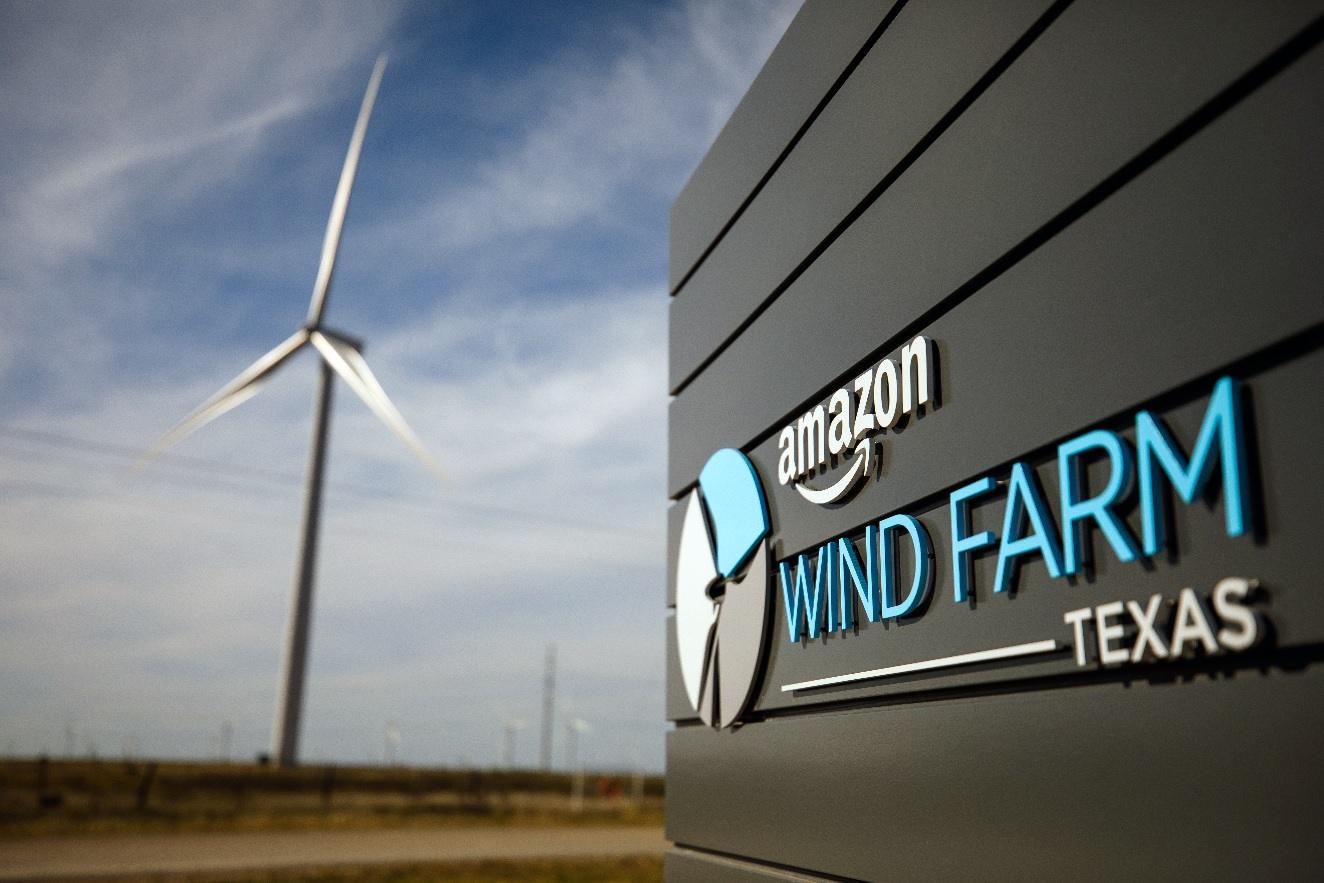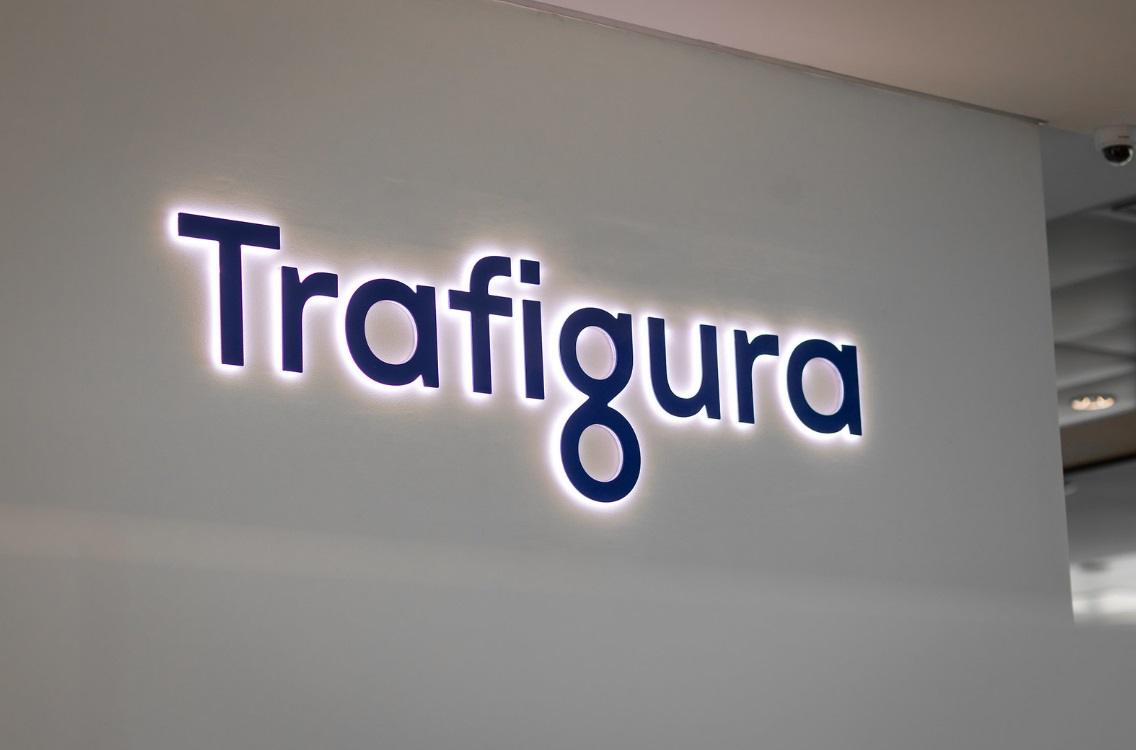Southwest Announces New Electrification, Fuel Reduction and Circularity Goals
Southwest Airlines today announced an updated sustainability strategy, Nonstop to Net Zero, which outlines the carrier’s path toward its goal of achieving net zero carbon emissions by 2050, and including a series of new goals, ranging from electrification and fuel savings to plastic reduction. and supporting a more sustainable future for air travel.
Key pillars of the airline’s sustainability strategy include “Carbon,” which aims to address carbon emissions through fuel and operational efficiencies, sustainable aviation fuel, ground support equipment electrification and energy conservation; Circularity, targeting sourcing, recycling and upcycling in the company’s operations, and; Collaboration, including engaging with suppliers on sustainability and partnering with other organizations.
Southwest has goals in place to achieve net zero emissions by 2050, with interim carbon emissions intensity reduction targets of 25% by 2030 and 50% by 2035, replace 10% of total jet fuel consumption with SAF by 2030, and reduce energy usage index at its corporate headquarters by 50% by 2035.
New goals announced with the launch of the new strategy include electrifying 50% of eligible ground support equipment system-wide by 2030, saving 50 million incremental gallons of jet fuel by 2025, and saving 1.1 billion cumulative gallons by 2035, and reducing single-use plastics from inflight service by 50% by weight by 2025 and eliminating single-use plastics from inflight service, where feasible, by 2030.
In addition to the new goals, Southwest announced initiatives targeting sustainability in its supply chain, including utilizing business sustainability ratings provider EcoVadis to assess the ESG performance of suppliers, and ensuring alignment with the company’s Supplier Code of Conduct.
Helen Giles, Managing Director Environmental Sustainability at Southwest Airlines, said:
“We’re working toward our decarbonization goals by modernizing our fleet with more fuel-efficient aircraft and securing sustainable aviation fuel (SAF), while also furthering our sustainability initiatives in the near-term. Our People and Customers care about our Planet, and we continue to take action to address aviation’s impact on the environment, while collaborating with our suppliers, local and national government, and other organizations.”





